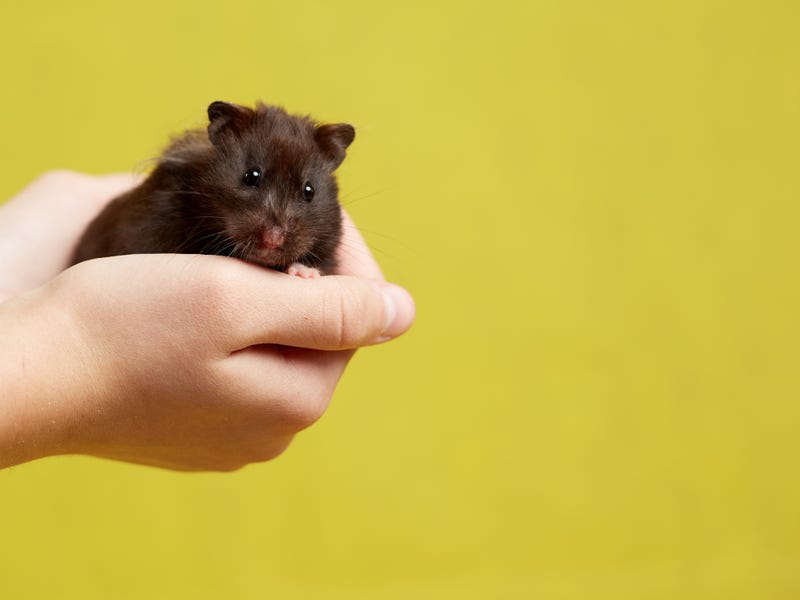
IONIA COUNTY (WWJ) - People for the Ethical Treatment of Animals has requested a criminal investigation into an Ionia County facility where a government report found hamsters, guinea pigs and other small animals living in squalor and filth.
PETA said via mLive that the rodents are living in dangerous conditions and have asked Ionia County Prosecutor Kyle Butler to look into the report.
Ionia is a roughly 40 miles east of Grand Rapids.
“PETA urges investigators to visit the facility with a veterinarian who has expertise in small exotic-mammal health and welfare so that they can identify any animals in need of care and opine on the conditions of and for the animals there,” Daniel Paden of PETA’s cruelty investigations department said in a letter addressed to Butler.
Butler has been in trial for the last week, but did confirm via mLive that he received PETA's letter. He said he was concerned that PETA shared information with his office and the media at the same time.
According to Paden, the report stemmed from a U.S. Department of Agriculture inspection conducted at the Ionia facility on Jan. 19.
Paden said inspectors “found ‘petrified dead hamsters’ in more than 50 enclosures at the facility. Approximately 190 cages housing hamsters and guinea pigs were ‘excessively full of feces and urine,’ and the majority of cages – housing more than 1,500 hamsters in total – contained ‘more feces … than bedding.’”
The animals were said to be "common pet/research type" in the USDA report.
Officials carrying out the inspection were told by the licensee of the facility that two workers who usually clean out and care for the animals have not be able to come in for the past month.
The licensee said she has been feeding and watering the rodents herself, but is unable to do more without additional help,
A USDA investigator described a filthy conditions in the report.
“Even through the surgical mask worn for inspection the odor of ammonia and decaying animals is overwhelming in the building containing the hamsters, guinea pigs, chinchillas, and degus." the investigator wrote.
The facility was visited by an animal-care inspector in a few months later in April, but conditions had not improved much. The inspector said some hamsters were still kept in crowded cages, many of which needed to be cleaned.
The inspector also observed six degus, another small rodent native to Chile, in a single enclosure who could not move without stepping in feces.



